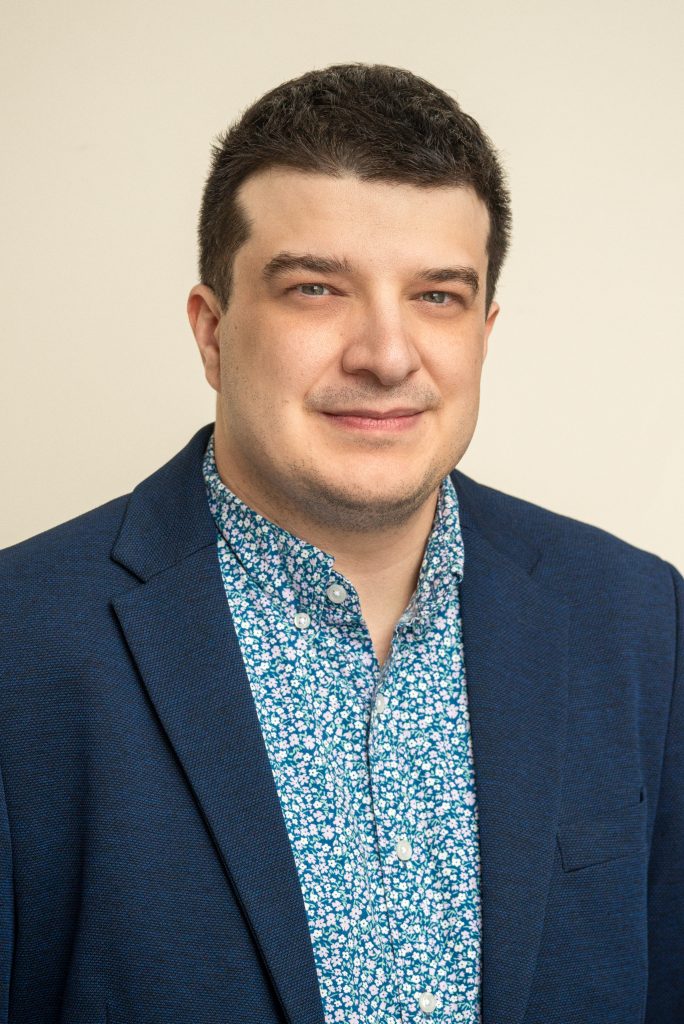Aucun résultat

Dr. Philippe Lefrançois lab’s main goal is to improve pathogenetic, diagnostic and therapeutic knowledge of skin cancers, especially Basal Cell Carcinoma (BCC), the most common of all human cancers, so patients can benefit from new targeted therapies and management options. We are building a large, broad skin cancer biobanking initiative to acquire patient-derived tumors for subsequent genomics, molecular biology, and computational biology approaches. We focus on more aggressive disease (high-risk, locally advanced, metastatic, treatment-resistant) to:
Characterizing the genomic and transcriptomic landscapes of Basal Cell Carcinoma (BCC) using skin cancer tumors obtained from patients, with a focus on advanced BCC and high-risk BCC.
Zhang ER, Ghezelbash S, Xie P, Fotovati M, Litvinov IV, Lefrançois P. Cancers. 2023; 15(1): 305. doi: 10.3390/cancers15010305. PMID: 36612301
Xie P, Lefrançois P, Sassseville D, Parmentier L, Litvinov IV. Journal of Cell Communication and Signaling. 2022; 16(4):633-635. doi: 10.1007/s12079-022-00679-x. PMID: 35414145
Litvinov IV, Xie P, Gunn S, Sasseville D, Lefrançois P. Life Science Alliance. 2021; 4(7): e202000651. doi: 10.26508/lsa.202000651. PMID: 33972406
Lefrançois P, Xie P, Gunn S, Gantchev J, Martinez Villarreal A, Sasseville D, Litvinov IV. Journal of Cell Communication and Signaling. 2020; 14(2): 245-254. doi: 10.1007/s12079-020-00563-6. PMID: 32198729